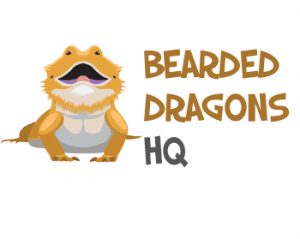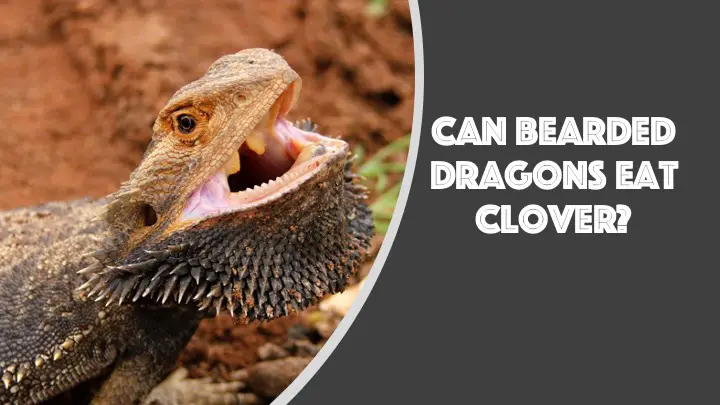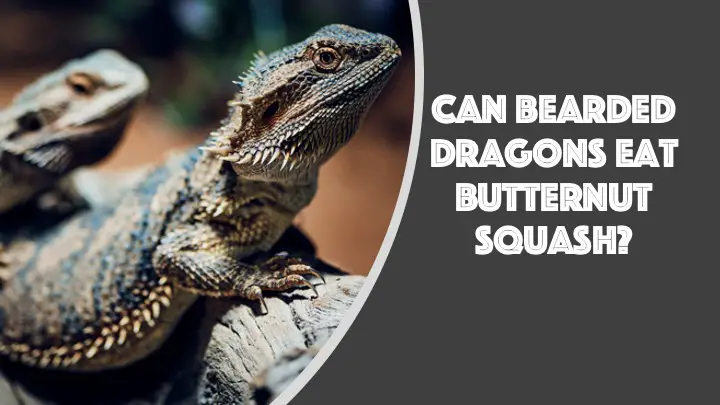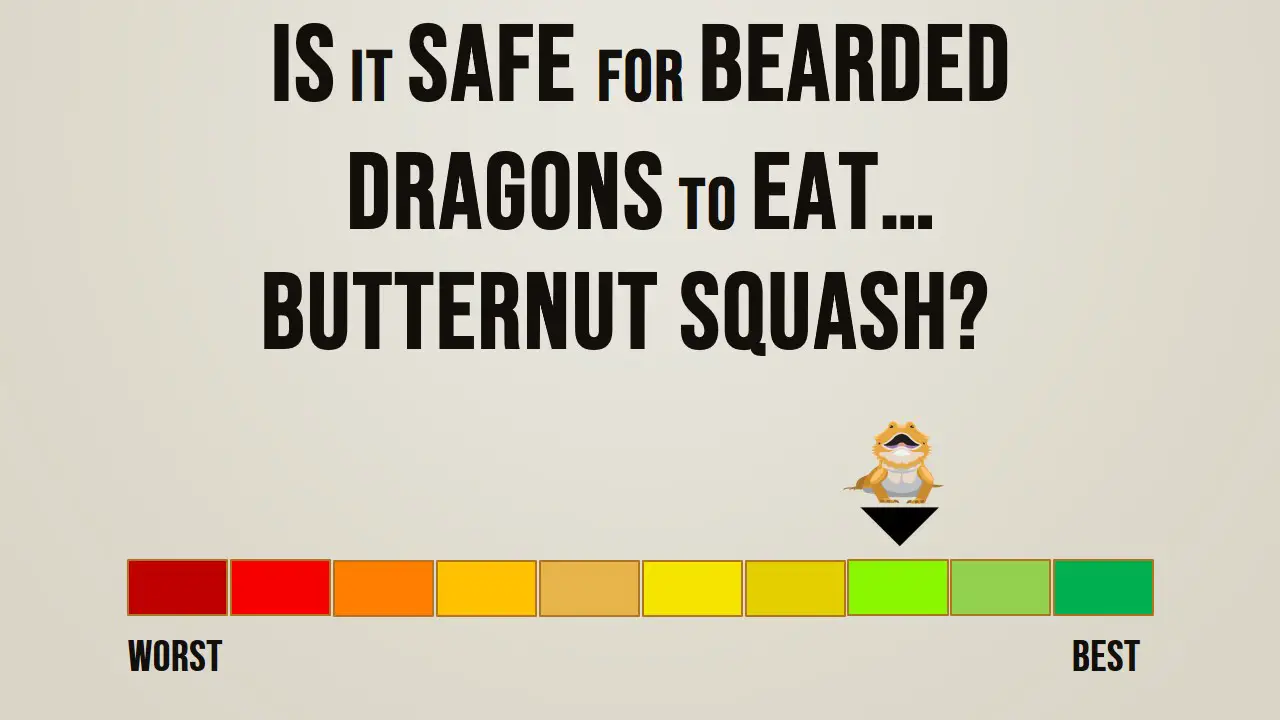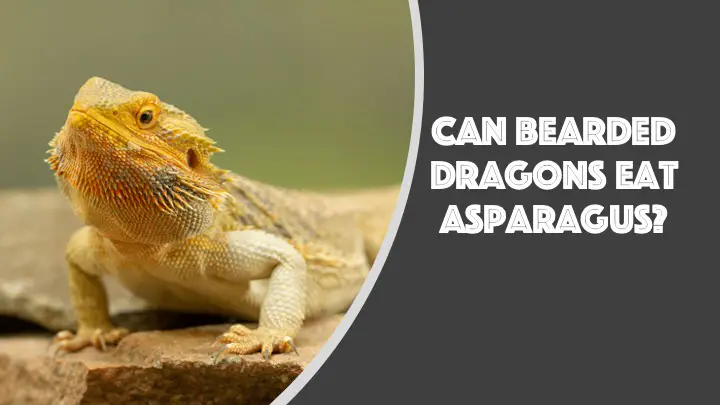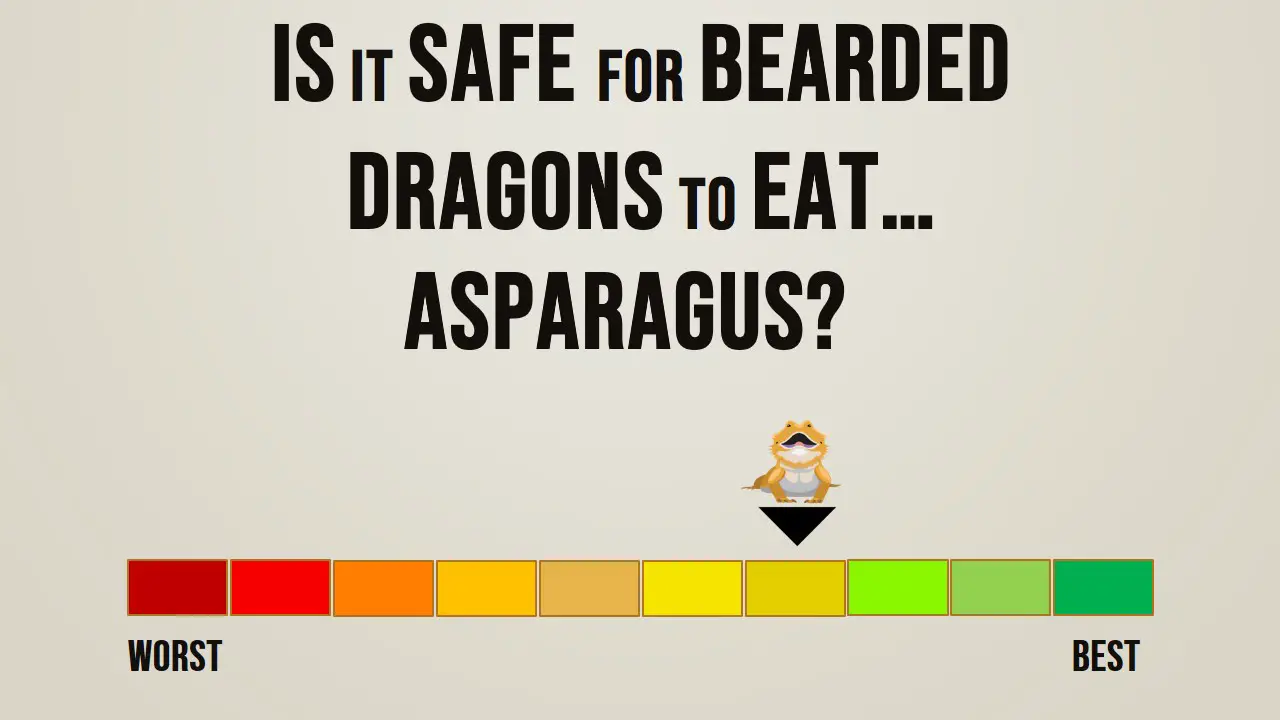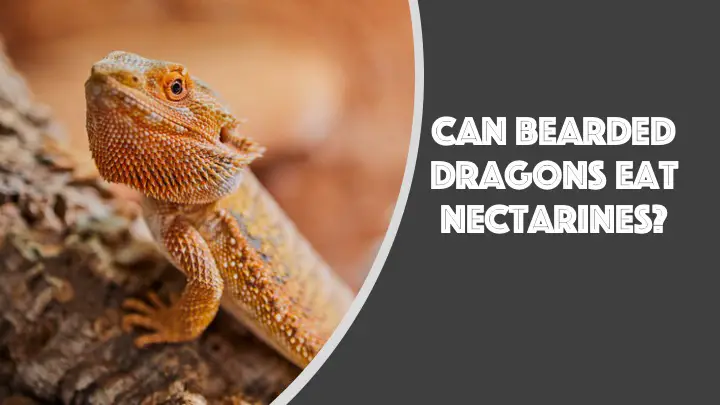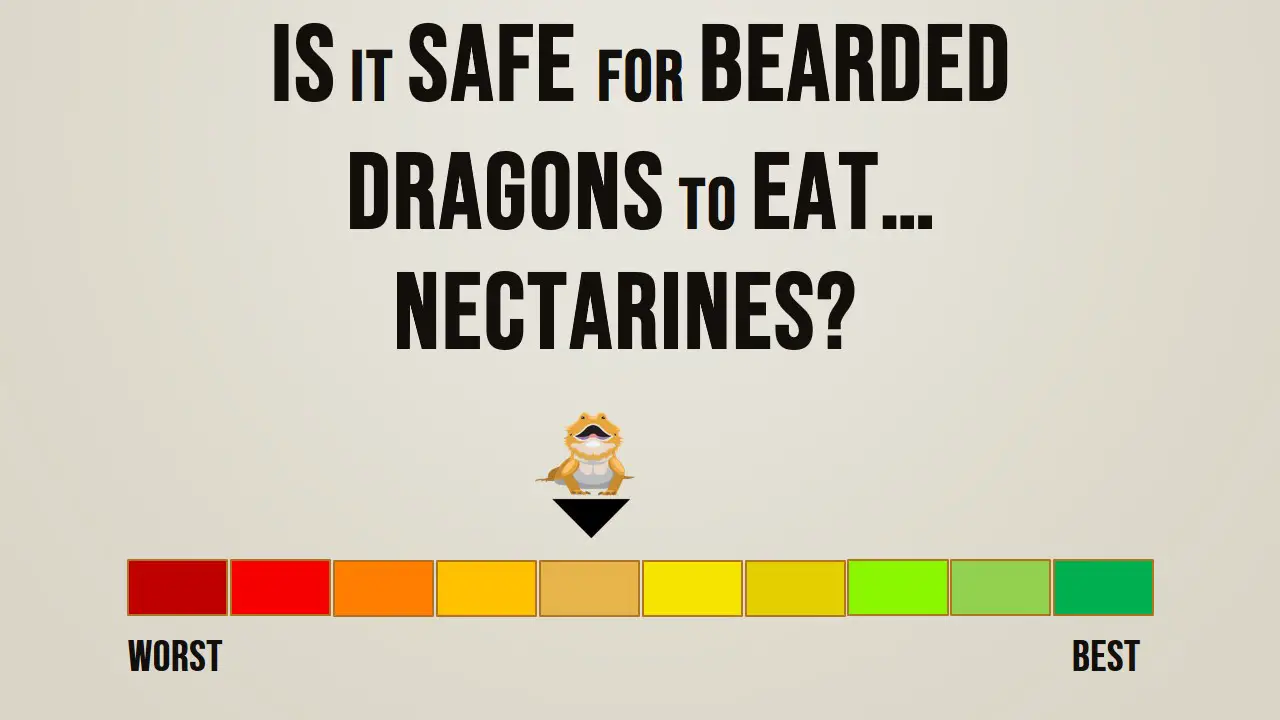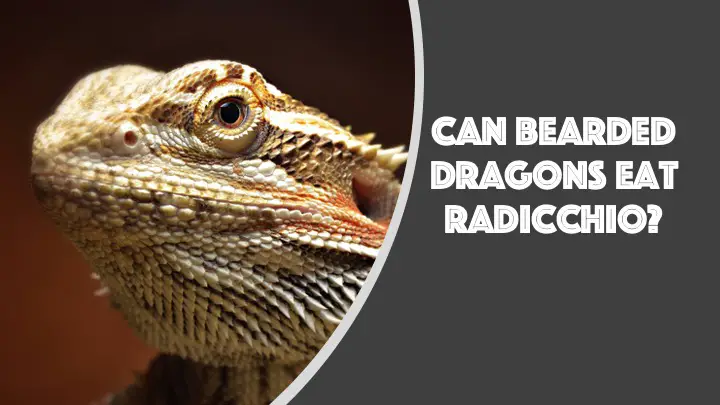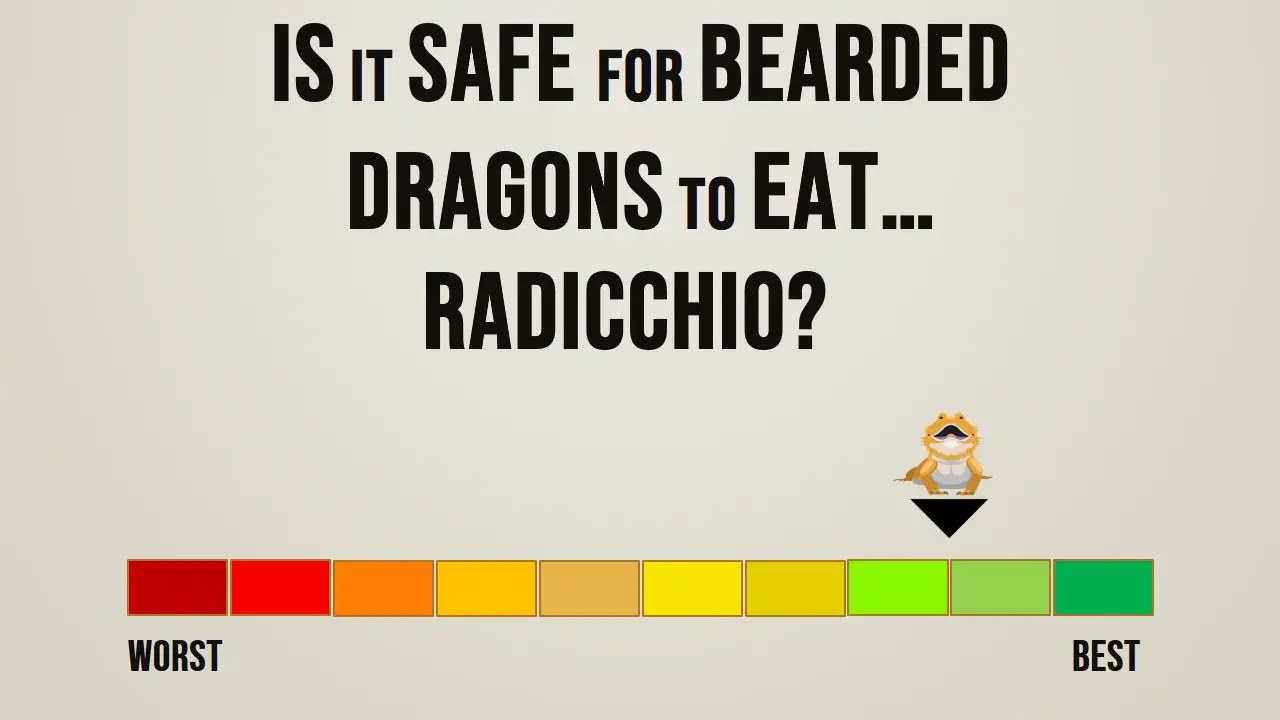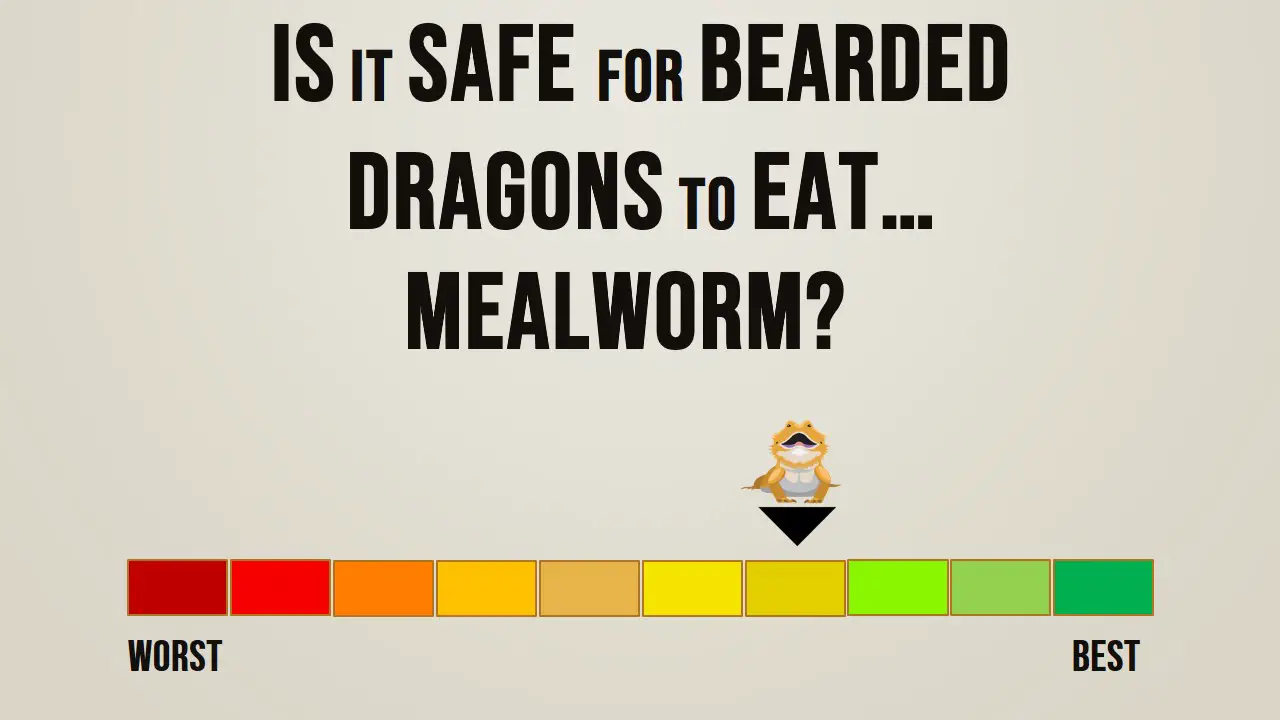Yes, you can feed your bearded dragon clover. A bearded’s diet consists of mostly leafy green vegetation so clover can be smoothly transitioned in as a treat. Clover is a plant that has been popular in gardens for hundreds of years. There are many varieties of clover, and each one will have a slightly different nutrient content to offer your bearded dragon.
You want to avoid feeding your bearded dragon clover from the wild because you cannot know for sure what has been sprayed in the soil or on the grass. Feeding them clover that you have grown organically is best or buying clover from a gardening shop is another option. Check out the vegetables bearded dragons can eat.
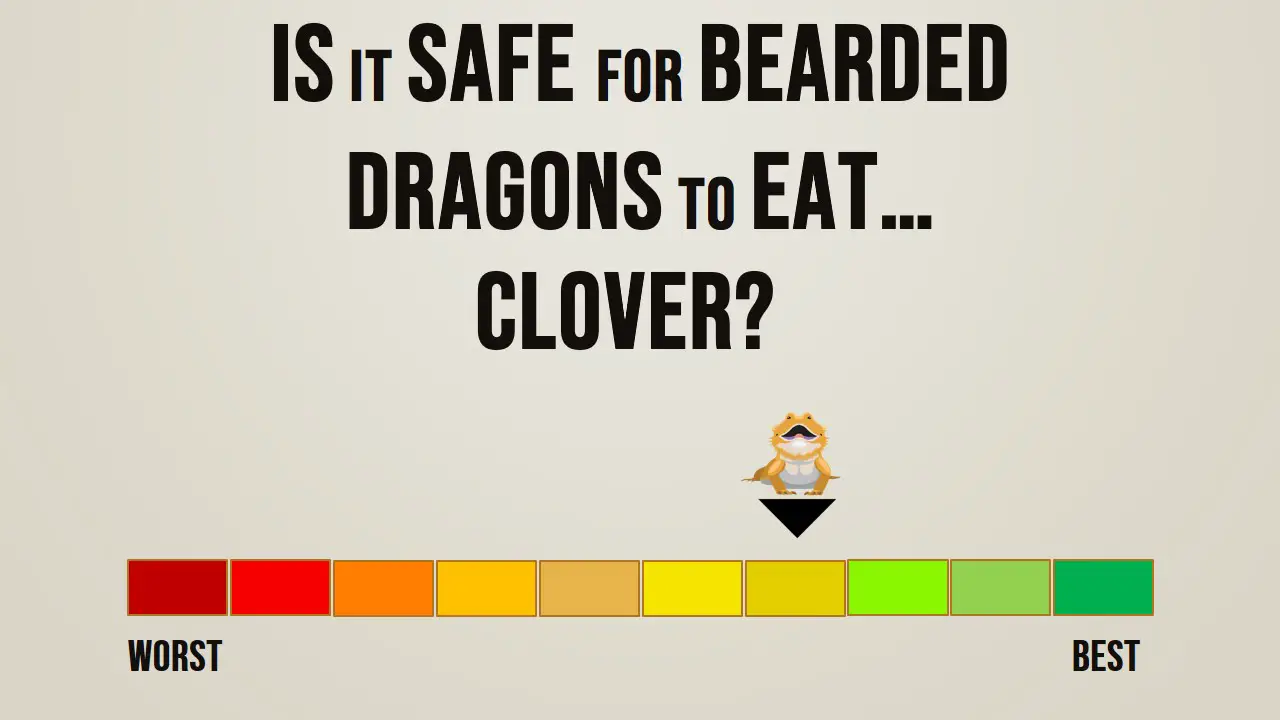
Nutritional Value of Clover
The nutritional value of clover for a bearded dragon will vary depending on the type of clover. However, there are some common properties that all types of clover have in common. The main thing to understand about feeding your beardie clover is that it contains high amounts of protein and fiber. This means that you should only feed them a little at a time because it will also have high amounts of calcium that can cause serious problems if fed in excess.
Clover is an excellent source of protein for your bearded dragon, and the exact amount varies depending on which type you feed him. Red clover is one of the lowest with only about 8% while white clover is the highest with about 20%.
It is also a great source of fiber, and this will assist in your bearded dragon’s digestive system. Feeding them clover regularly can help to regulate their bowel movements so they have fewer problems when it comes time to shed their skin.
In addition, clover contains high amounts of Vitamins A.
Vegetables
Advantages of Feeding My Bearded Dragon Clover
Feeding your bearded dragon clover can help keep him/her hydrated. If your bearded dragon is not usually found in a desert environment, clover may provide hydration necessary for healthy digestion and regular bowel movements. Clover can also be the only high-fiber food in your bearded dragon’s diet.
Clover has a considerably high level of calcium and phosphorus and Magnesium. The calcium and magnesium content in the clover is the perfect ratio for a bearded dragon’s dietary needs.
Disadvantages of Feeding My Bearded Dragon Clover
There are no serious disadvantages of feeding your bearded dragon clover. However, there is a lot of phosphorus in the clover which can contribute to the formation of bladder stones.
The clover you feed your bearded dragon should be pesticide-free and grown organically if at all possible. If you are not able to grow the clover yourself, then it is best to avoid wild plants or purchase organic plants from a garden shop.
Final Thoughts
Clover is a great supplemental food for bearded dragons. It is high in fiber and protein, which are two things that your bearded dragon should have readily available. It also contains important vitamins and other nutrients that can assist with their digestive system.
Before feeding your bearded dragon clover, make sure to thoroughly research the best types of clover for them. Remember that overfeeding will lead to serious problems if they are fed too much calcium or phosphorus.
And ALWAYS make sure any leafy vegetable has been washed before served to your beardie!
